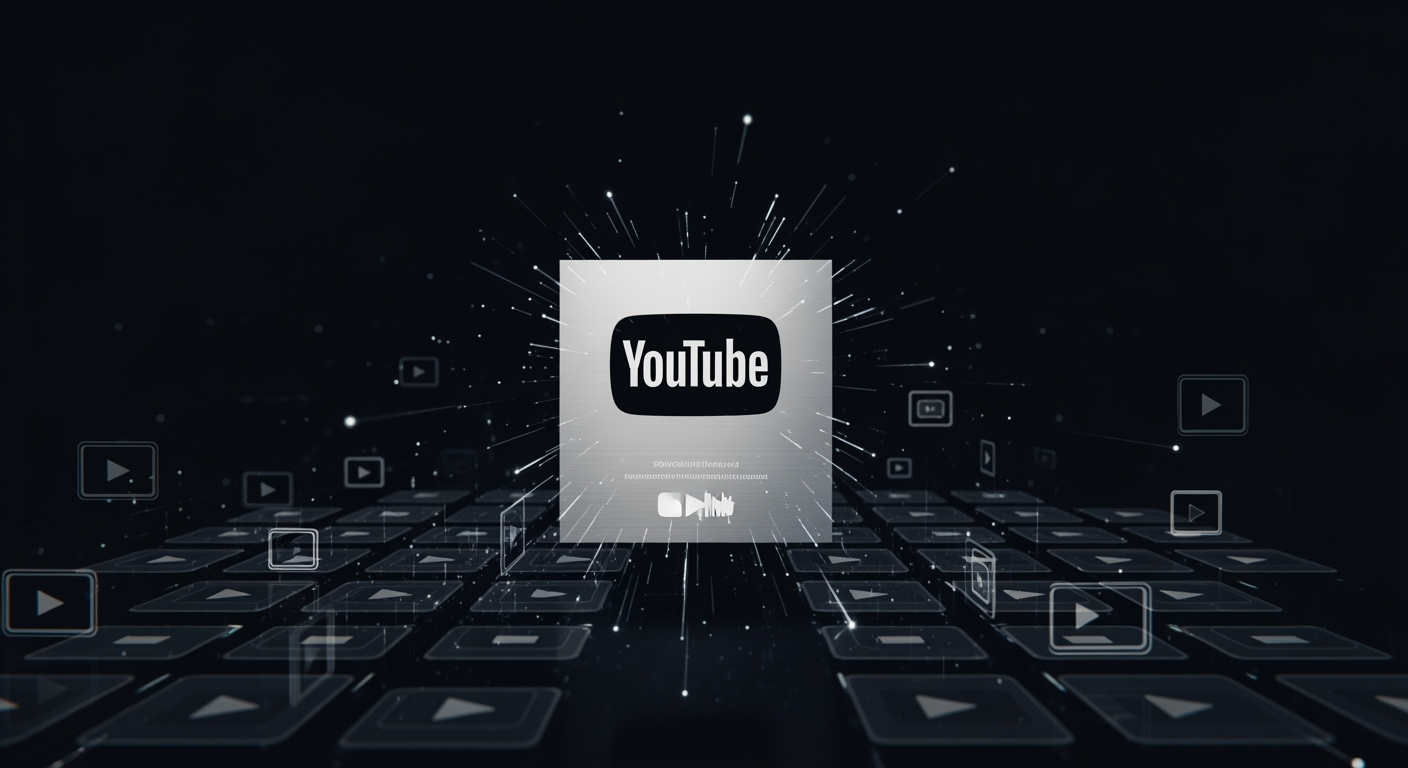YouTube Tightens Monetization Rules on AI-Generated & Repetitive Content

YouTube Updates Monetization Policies to Target AI-Generated and Repetitive Videos
YouTube is making significant changes to its monetization policies, aiming to address the surge of low-quality, mass-produced, and repetitive videos—many of which are now easier to create using AI tools. The update, set to take effect on July 15, 2025, will offer clearer guidelines on what type of content is eligible for earning revenue through the platform’s YouTube Partner Program (YPP).
Why the Change?
The rise of AI technology has led to an explosion of quickly produced, low-effort videos. These can include AI-generated voiceovers on stock footage, endlessly repeated compilations, or even entire AI-produced music and news channels. While YouTube has always required original and authentic content for monetization, the new update aims to clarify what qualifies as “inauthentic” in the current landscape.
What Will Be Impacted?
- Mass-produced content: Videos generated in bulk with little to no creative input or originality.
- Repetitive or spammy uploads: Content that recycles the same material repeatedly, often using automated tools.
- AI-generated slop: Low-quality media, including fake news videos and AI music channels, some of which have already attracted millions of subscribers.
According to YouTube, these types of videos have technically been ineligible for monetization for years. However, the company is now making the rules more explicit to help creators understand what is—and isn’t—acceptable.
What About Reaction and Remix Videos?
Some creators have expressed concern that the update could impact popular formats like reaction videos or compilations using existing clips. However, YouTube’s Head of Editorial & Creator Liaison, Rene Ritchie, clarified in a recent video update that the policy aims to target only truly mass-produced, repetitive, or automated content. Reaction and remix videos that add genuine commentary or creativity are not affected by this update.
AI’s Impact on YouTube Content
The ease with which AI can generate videos has resulted in a flood of low-quality “slop.” Examples include:
- AI-generated voiceovers layered on photos and video clips
- Channels posting AI music tracks or fake news stories
- Entire documentary series created by AI that went viral
- Phishing scams using deepfakes of public figures, even YouTube’s own CEO
YouTube has already implemented tools to help users report deepfake videos, but the company is now taking further steps to protect the platform’s integrity and value by restricting monetization for such content.
What Should Creators Do?
Creators should focus on producing original, engaging, and authentic videos. Avoid relying on automated tools to mass-produce content or repeating the same formats without adding value. YouTube’s updated policies are designed to reward creativity and transparency—while limiting the spread and profitability of AI-generated slop.





